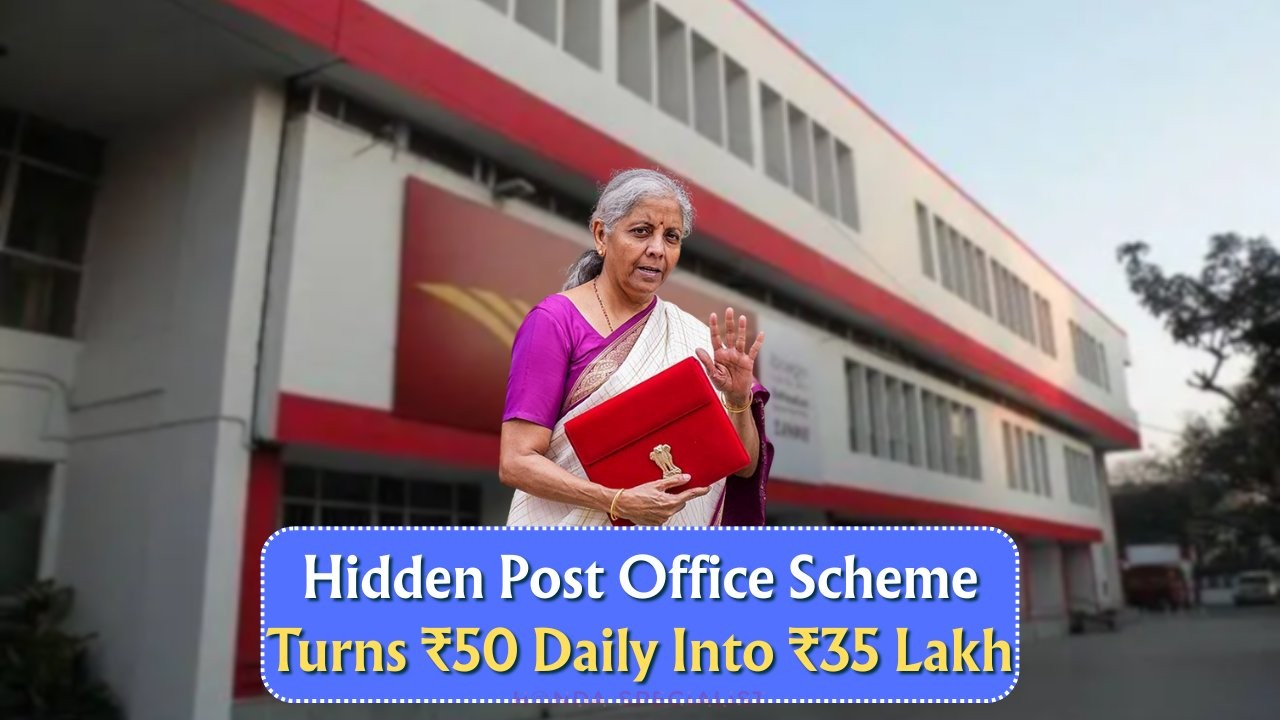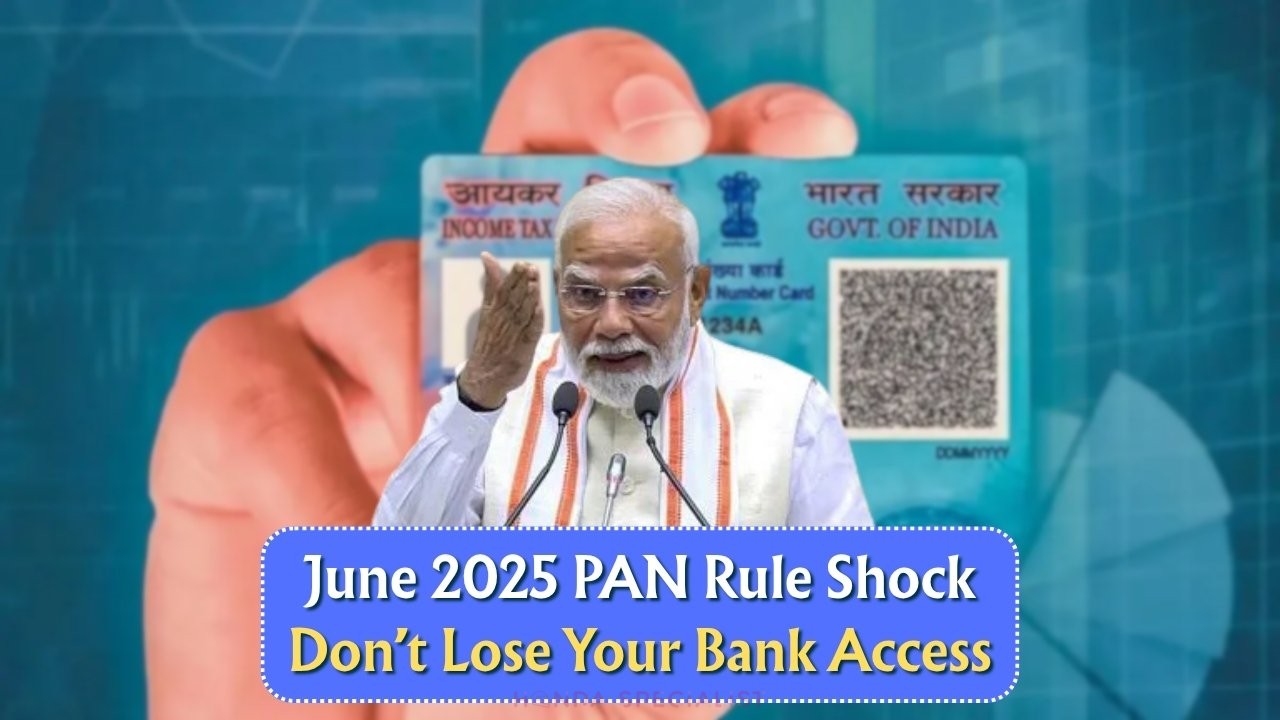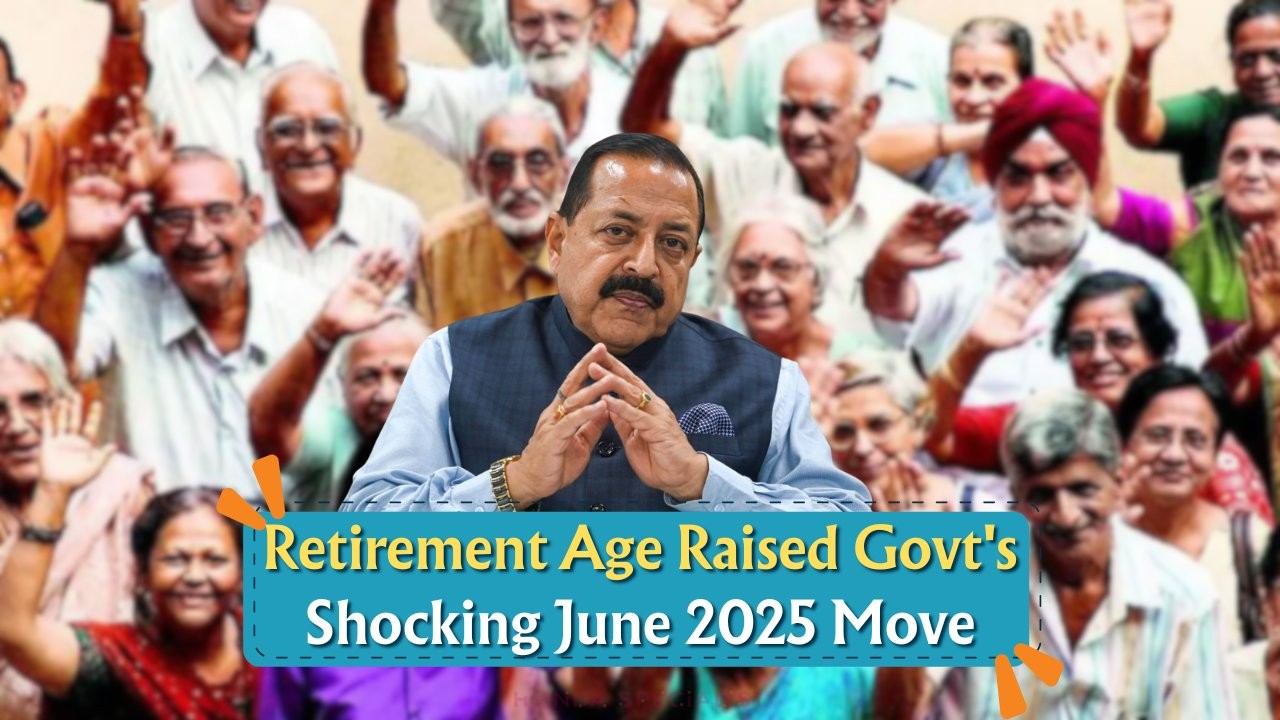8th Pay Commission Unveiled: The Indian government has officially announced the formation of the 8th Pay Commission, aimed at reviewing and enhancing the salary structure for government employees across various levels. This latest development is poised to bring significant changes to the financial landscape of public sector staff, particularly those in Level 1–10 positions.
8th Pay Commission Salary Boost for Level 1–10 Staff
The 8th Pay Commission’s primary focus is to ensure that government employees receive fair compensation that reflects the current economic conditions. The commission will evaluate existing pay scales and propose adjustments that benefit employees while maintaining fiscal responsibility.
Key Highlights of the 8th Pay Commission
- The potential salary increase aims to address inflation and cost of living adjustments.
- Focus on improving the quality of life for lower-level employees.
- Proposals for better allowances and bonuses.
- Consideration of long-term financial security for government staff.
Impact on Level 1–10 Government Employees
Level 1–10 employees are often considered the backbone of the government workforce, and the proposed salary enhancements are expected to substantially benefit these workers. By improving their financial status, the commission aims to motivate and retain talent within the public sector.
Benefits for Level 1–10 Employees
- Increased take-home salary leading to improved living standards.
- Enhanced job satisfaction and morale among employees.
- Potential for career advancement and skill development opportunities.
- Greater financial stability and planning for the future.
Projected Changes in Pay Structure
While specific figures are yet to be finalized, the commission’s recommendations are expected to bring about a significant upliftment in the pay structure. The expected changes are poised to align closely with the demands of the modern workforce.
| Level | Current Basic Pay | Proposed Basic Pay | Allowance Increase | Bonus Eligibility | Remarks |
|---|---|---|---|---|---|
| Level 1 | ₹18,000 | ₹25,000 | 10% | Yes | Entry-level boost |
| Level 2 | ₹19,900 | ₹27,000 | 10% | Yes | Substantial hike |
| Level 3 | ₹21,700 | ₹30,000 | 15% | Yes | Attractive revision |
| Level 4 | ₹25,500 | ₹35,000 | 15% | Yes | Competitive increase |
| Level 5 | ₹29,200 | ₹40,000 | 20% | Yes | Improved benefits |
| Level 6 | ₹35,400 | ₹50,000 | 20% | Yes | Retention focus |
| Level 7 | ₹44,900 | ₹60,000 | 25% | Yes | Enhanced package |
| Level 8 | ₹47,600 | ₹65,000 | 25% | Yes | Strategic revision |
The above table reflects projected figures based on initial recommendations and consultations with employee unions and financial experts.
Timeline and Implementation
The 8th Pay Commission is expected to submit its final report by the end of the fiscal year, with implementation likely in the following budget session. This timeline ensures that the necessary legislative processes are completed to facilitate these changes.
Steps Towards Implementation
- Formation of Sub-Committees: Tasked with examining specific sectors and employee categories.
- Consultations: Engaging with employee unions and government representatives for feedback.
- Drafting Recommendations: Compiling a comprehensive report for government review.
- Legislative Approval: Final approval through parliamentary procedures.
Anticipated Reactions from Stakeholders
| Stakeholder | Reaction | Comments |
|---|---|---|
| Employee Unions | Generally Positive | Welcoming proposed changes |
| Government Officials | Supportive | Aligns with economic goals |
| Economists | Optimistic | Boost to public spending |
| Public Sector Workers | Hopeful | Looking forward to implementations |
| Opposition Leaders | Skeptical | Concerns over fiscal impact |
| Media Analysts | Watchful | Monitoring developments closely |
Challenges and Considerations
While the anticipated salary boost is met with optimism, there are challenges that the commission must address, including budget constraints, equitable distribution of resources, and balancing the needs of various employee levels.
Factors to Consider
- Fiscal Responsibility: Ensuring the changes are sustainable in the long term.
- Equity Among Levels: Fair distribution of benefits across all employee levels.
- Feedback Mechanisms: Continuous engagement with stakeholders for refinement.
As the 8th Pay Commission progresses, it remains a pivotal moment for government employees, offering hope for a more prosperous future.
 New Property Law Alert: From 1 July 2025, Renting Without a Digital Stamp to Cost You ₹5,000 Fine!
New Property Law Alert: From 1 July 2025, Renting Without a Digital Stamp to Cost You ₹5,000 Fine!
FAQs on 8th Pay Commission
What is the purpose of the 8th Pay Commission?
The 8th Pay Commission is set up to review and enhance the salary structures of government employees to ensure they reflect current economic realities.
Who will benefit from the 8th Pay Commission?
Primarily, Level 1–10 government employees will see significant benefits, though recommendations may impact other levels as well.
When will the 8th Pay Commission be implemented?
Implementation is anticipated after the commission submits its report by the fiscal year-end and following necessary governmental approvals.
How will the salary increase impact employees?
Employees can expect improved financial stability, better living conditions, and enhanced job satisfaction.
What are the challenges facing the 8th Pay Commission?
Challenges include budget constraints, ensuring equitable distribution, and maintaining fiscal responsibility.








